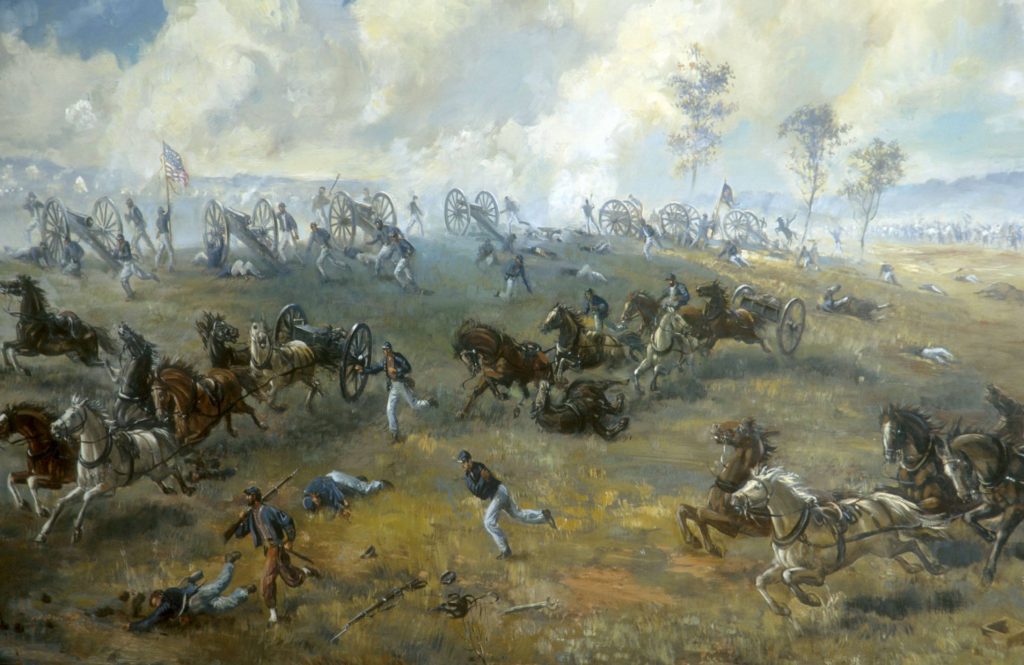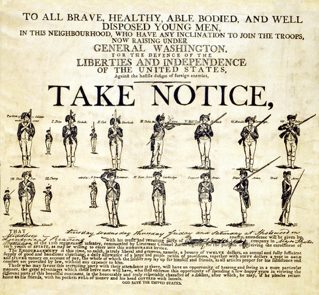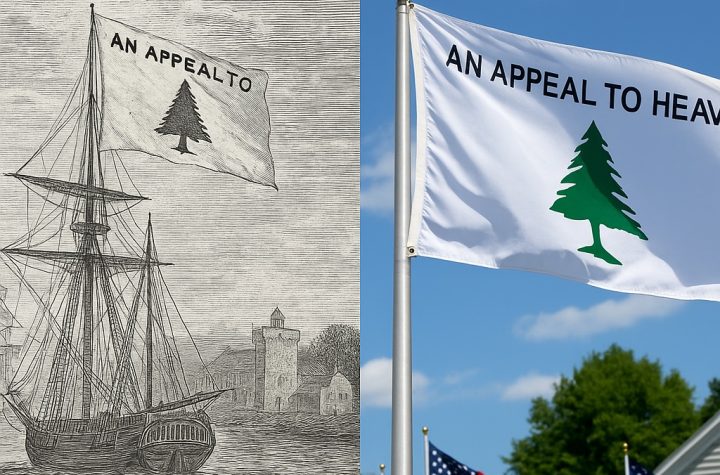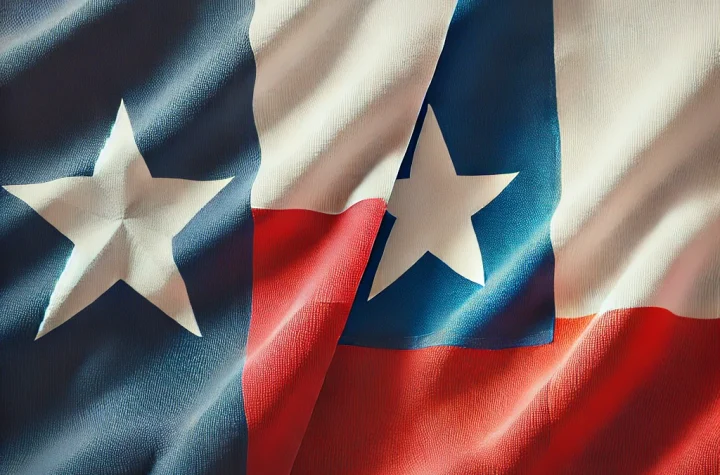
"The Capture of Rickett's Battery" by Sidney King, 1964 (oil on plywood). This painting depicts the struggle on Henry Hill over Captain Rickett's Battery(Company I, 1st US Artillery) during the afternoon of the First Battle of Manassas, July 21, 1861. The painiting is displayed in the Henry Hill Visitor Center at Manassas National Battlefield Park.
On July 21st, 1861, the Union’s sense of superiority was put to the test at the First Battle of Manassas—a day when many believed the rebellion would be swiftly crushed. Known in the South as the Battle of Bull Run, it was not just soldiers who gathered near Manassas, Virginia, but also an unlikely audience of curious onlookers.
Just 25 miles from Washington, D.C., a crowd of civilian spectators from the U.S. capital had arrived to watch what they assumed would be a quick and decisive Union victory over the Confederate forces. They had no idea they were about to witness one of the first major Confederate victories of the Civil War, an event that would shatter their naïve assumptions about the conflict’s ease and the resilience of the South.
A Picnic at War
Lieutenant Tibdall of the Union artillery vividly described the scene, commenting on the array of people: “They came in all manner of ways, some in stylish carriages, others in buggies, on horseback and even on foot. All manner of people were represented in this crowd, from the most grave and noble senators to hotel waiters.”
It was a surreal sight—picnic baskets in hand, these civilians expected to observe a spectacle from a safe distance. Little did they know, the unfolding battle would deliver a shock. Reporters like William Russell of the London Times recorded the enthusiasm of the spectators. One lady, equipped with an opera glass, excitedly exclaimed, “Oh my! Is not that first-rate? I guess we will be in Richmond tomorrow.” The confidence was palpable.
But as artillery thundered and battle lines clashed, a grim reality began to emerge.
A False Sense of Victory
Amidst the early clashes, a Federal officer riding toward the civilian crowd triumphantly declared, “We have whipped them on all points.” His premature optimism only served to encourage the tourists to venture closer to the front lines. Among them were four senators and two congressmen, all eager to witness what they believed would be a Union rout of the Confederate forces.
But what they did not realize was that the Confederate soldiers, many fighting under the revered Confederate flag, were not so easily beaten. The Union soldiers were not prepared for the strategic resolve of Confederate generals like Thomas “Stonewall” Jackson, whose steadfast defense played a pivotal role in turning the tide of the battle.
The Panic and Retreat
As the battle raged on, a Confederate counterattack began to rout Union forces, creating chaos on the battlefield. What had started as a leisurely spectacle for civilians quickly turned into a nightmare. The road back to Washington was soon clogged with retreating Union soldiers, horses, and wagons.
Union soldiers began shouting to the spectators, “Turn back, turn back! We’re whipped!” The sheer panic and disorder left even high-ranking civilians helpless. Michigan Senator Zachariah Chandler, in a futile attempt to stop the fleeing soldiers, tried to blockade the road. Ohio Senator Ben Wade picked up a rifle, threatening to fire on the retreating troops. But the retreat could not be stopped.
Confederate artillery shattered any sense of safety. A well-placed shell destroyed Senator Henry Wilson’s buggy, leaving him to make his escape on a mule. Meanwhile, Iowa Senator James Grimes narrowly avoided capture and swore never to approach another battlefield. Not everyone was as fortunate; New York Congressman Alfred Ely ventured too close to the fighting and was captured by the 8th South Carolina Infantry. He was taken to Richmond, the Confederate capital, where he spent five months as a prisoner of war.
The South’s Determination and the Road Ahead
The Battle of Manassas was a shocking wake-up call for the Union, and it proved to be a key moment for the Confederacy. Southern resolve had been underestimated, and the Confederate stories of bravery and battlefield cunning that emerged from Manassas would become part of the lore surrounding the Confederate battle flag and its defenders.
The events of that day revealed not only the brutal reality of war but also the fierce determination of the South to fight for its independence. The battle was a clear sign that the Confederate soldiers, fighting under their banners, were prepared for a long and hard-fought conflict.
While the Union and the civilians who watched the retreat from Manassas were humbled by their losses, for the Confederacy, it was a day that showcased their strength and solidarity. The battle would not be the last time the South’s military prowess under skilled generals would shock the Union—setting the stage for the bloody conflict that would continue for four more years.




More Stories
The Road to Victory: Trump’s Historic 2024 Election and the Patriotic Flag Surge
A Military Coup Threatened
Unveiling the Mystery: The True Story of Blackbeard’s Flagge